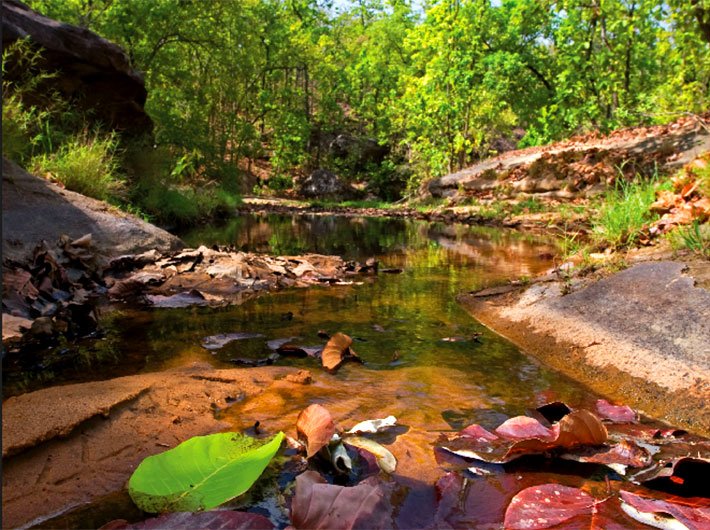417 coal blocks fall in ‘inviolate forest area’ and can endanger fresh water sources, claims Greenpeace India
Even as the country reels under severe drought, information secured by Greenpeace through RTI suggests that the government is willing to overlook the policy meant to protect pristine forests, wildlife and the fresh-water sources in its search for coal.
The information accessed from the ministry of environment forest and climate change (MoEFCC) reveals that as many as 417 out of 825 current and future coal blocks should be categorised as inviolate areas as per hydrological parameters, Greenpeace India said in a press statement on Thursday.
[Originally known as ‘Go/No-Go’ policy, the concept of ‘inviolate forests’ was devised at the request of Coal India and the coal ministry in 2009. The objective was to have certainty on which forests area will be permitted for mining and which will not be.]
Last year, the Forest Survey of India (FSI) assessed 825 coal blocks based on the draft parameters for identification of inviolate forest areas. For applying the hydrology parameter, the MoEFCC has recommended excluding 250 m on either side of a first order stream while marking the boundaries of coal blocks. [Stream order is a measure of the relative size of streams. The smallest tributaries are referred to as first-order streams, while the largest river in the world, the Amazon, is a twelfth-order waterway. First- through third-order streams are called headwater streams.] Taking this criteria into consideration, a whopping 50.5 percent of the coal blocks are rendered as ‘partially inviolate’, according to the RTI information.
“It's been close to four years since the exercise to identify inviolate areas started and the MoEFCC is still dragging its feet on this policy while the coal ministry is going ahead with auctioning and allotting these precious forest areas,” said Nandikesh Sivalingam, senior campaigner, Greenpeace India. “The MoEFCC’s silence gives tacit go-ahead to the government’s coal-dependent energy policy. In effect, it allows the greed for coal to take precedence over everything else, including the inevitable consequence of coal mining destroying sensitive forest areas and freshwater sources in our drought-afflicted country,” he said in the statement.
“Mining in the forests even beyond the 250m of the river banks often has a dramatic detrimental impact on the catchment, including water pollution, erosion and worsening water scarcity during dry season,” said Sivalingam. He added that if all the streams (second and third orders) in the river basins are to be taken into consideration, the impact on central India’s water sources could be much higher.
Besides the hydrological parameters, the RTI data accessed by Greenpeace India shows that currently the list of inviolate coal blocks stand at a mere 49, covering an area of 1,271.43 Sq km as per four parameters: forest cover, forest type, biological richness and landscape integrity.
Reports show that the government has started applying the inviolate policy partially. However, it is not clear how they include or exclude coal blocks from this list. At the same time, coal blocks listed as inviolate are being auctioned/allotted to mining companies, Greenpeace India has alleged.
“What is worrying is the callousness that the MoEFCC has towards protecting the country’s pristine natural resources. It's no longer only about forests, it's clear that mining in the central Indian forests could also have serious impacts on water sources,” said Sivalingam.
The environmental campaigner organisation has noted that lack of information in the public domain, on what the current inviolate regions are, is putting forests and water resources at risk. Biodiverse land that should otherwise be left untouched is being auctioned for coal mining.
Greenpeace India has demands that MoEFCC should (a) fix a deadline to finalise, publicise and enforce the inviolate policy, and (b) publish the forest areas/coal blocks that are inviolate along with the geo-referenced maps, for all the concerned stakeholders, including affected
forest communities, to be consulted before the land is considered for mining.
Also see:
